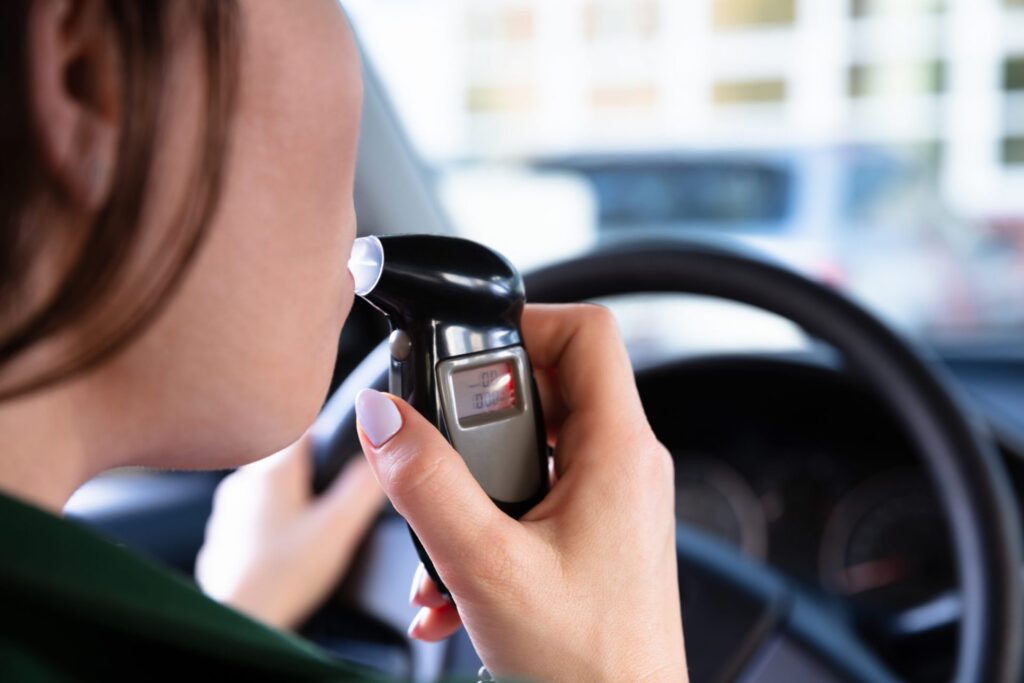A recent development out of Minnesota shows how the witch hunt for drunk drivers can infringe on your constitutional rights, as guaranteed by the Fourth Amendment.
Minnesota’s Ignition Interlock Devices
Like many states in the U.S., Minnesota uses ignition interlock devices (IIDs) to penalize people who have been convicted for operating under the influence (OUI). Their law, which was passed in 2010, allows people convicted for drunk driving to use an IID in their vehicle rather than suffer from a lengthy license suspension. The IID requires people to provide a breath sample that is free from alcohol before starting their car.
Recently, though, the Minnesota Department of Public Safety (DPS) passed a new regulatory rule that officially changed which IID machines would be used. These new machines included a GPS device that tracked where the car went. Subsequent investigations revealed that this change only made official what had been going on for some time – many of the IIDs that had been installed since 2011 included a GPS device.
The DPS claimed that they were not collecting or analyzing the GPS data, but that they couldn’t say the same for the companies who made the IIDs. However, the DPS supported the rule change by stating that collecting GPS information would help them respond to OUI violations far quicker.
The Fourth Amendment Prohibits Unreasonable Searches
Unfortunately for the DPS, the Fourth Amendment of the U.S. Constitution prohibits searches that are unreasonable. A search is a government action that gathers evidence of a crime, and the data collected from Minnesota’s GPS devices would be used by DPS to better respond to OUI violations.
The Supreme Court of the United States has already handled a very similar case. In United States v. Jones, the Court unanimously determined that it was a violation of the Fourth Amendment for law enforcement to covertly put a GPS device on a known drug dealer’s car without a warrant.
The Supreme Court’s decision in Jones seems to fly in the face of the Minnesota DPS using IIDs that track a vehicle’s movement before the new regulation took effect. Now, the DPS’s new rule is taking flak from state legislators.
Even State Senator Ron Latz – one of the authors of the 2010 IID law – thinks that the DPS’s new rule goes too far.
“We only want the car to not start,” Latz said. “We do not care where they go and, frankly, I think putting these new systems with GPS tracking capabilities in their cars is not appropriate.”
Maine OUI-Defense Attorney William T. Bly
The newest regulation by the Minnesota DPS just goes to show you that law enforcement is perfectly willing to infringe on your Fourth Amendment rights to find OUI violations. Drunk driving is a dangerous thing, yes, but sacrificing some of our most integral rights as citizens is not something that we should have to do to prevent it.
If you have been charged for drunk driving in the state of Maine, contact OUI-defense attorney William T. Bly online or at (207) 571-8146.


